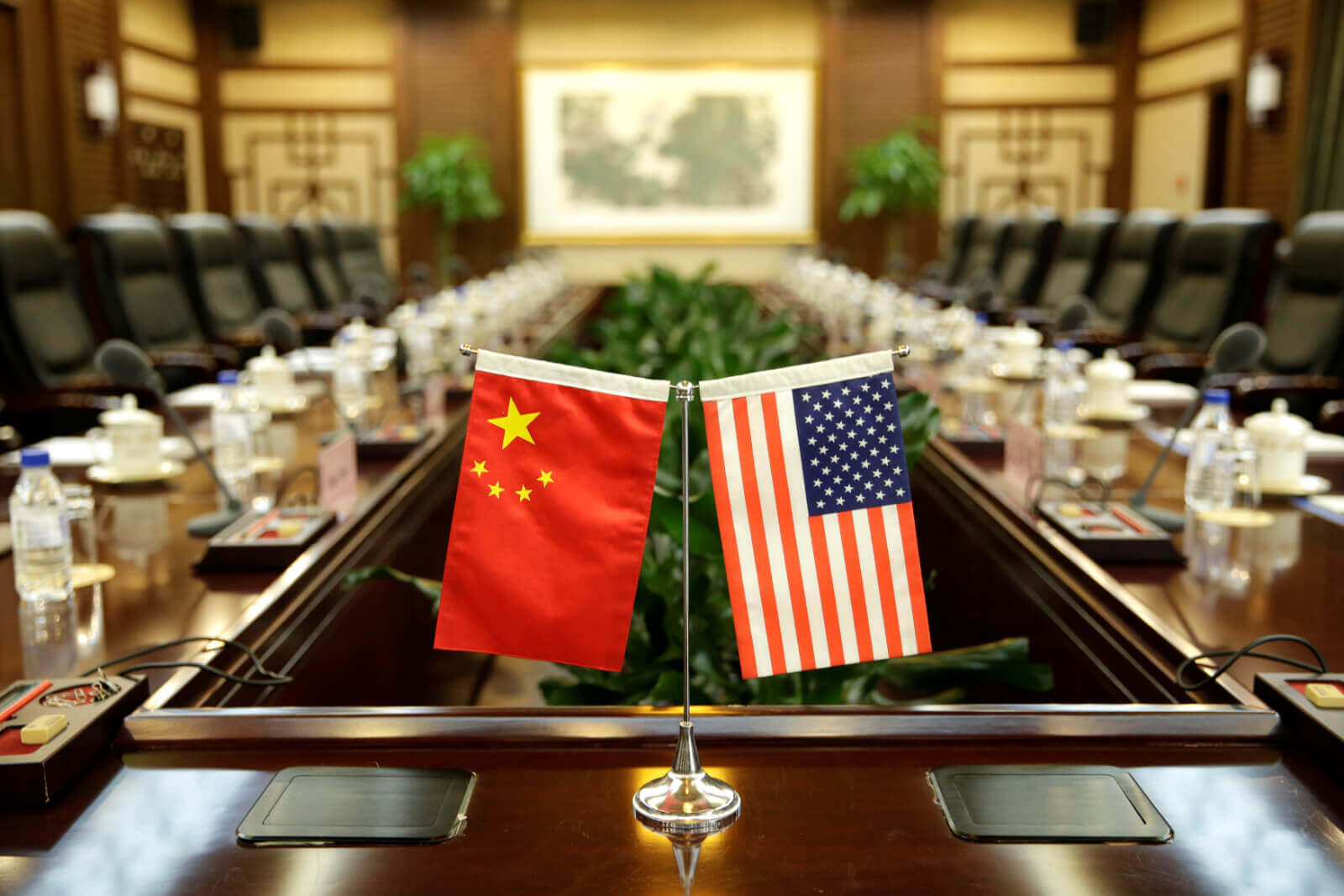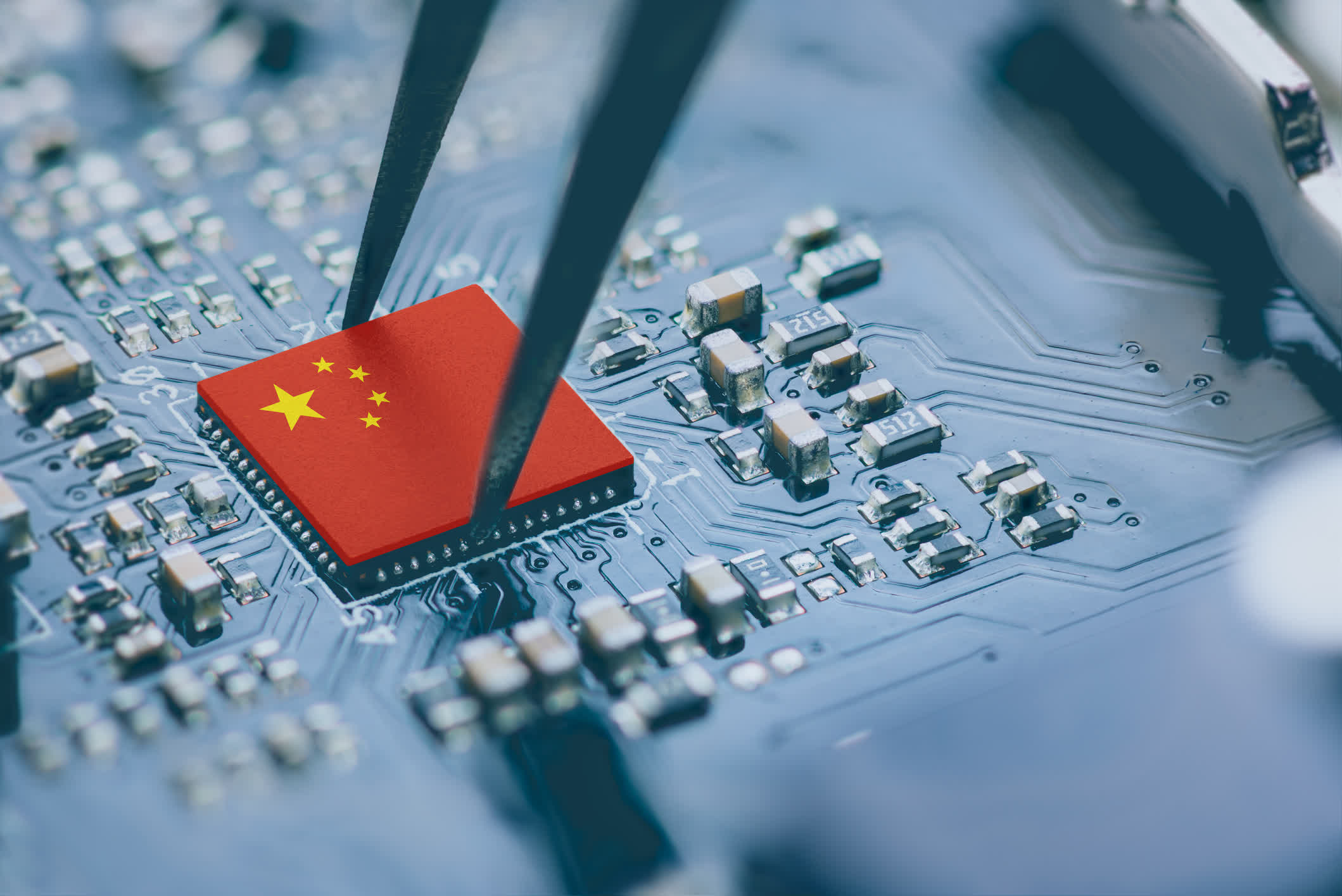What just happened? The Biden administration's $39 billion in subsidies for semiconductor production will soon be given out to companies, but not before the US Commerce Department introduces new rules that ensure, among other things, none of the money ends up in the hands of nations of concern, especially China.
The Commerce Department released the final rule implementing the national security guardrails of the CHIPS and Science Act on Friday. It expands on two provisions of the statute. The first is that fund recipients are prohibited from expanding their semiconductor manufacturing capacity, which includes wafer production, in foreign countries of concern for ten years.
The second restricts recipients from certain joint research or technology licensing efforts with foreign entities of concern, though it does allow for international standards, patent licensing, and utilizing foundry and packaging services. In this case, those entities mainly refer to China and Russia.
The new rule also classify semiconductors as critical to national security, thereby subjecting them to tighter restrictions. It covers chips that have unique properties that are critical to US national security needs, including quantum computing current-generation and mature-node chips, in radiation-intensive environments, and for other specialized military capabilities.
In a statement to Congress last week, Commerce Secretary Gina Raimondo emphasized that no money from the CHIPS Act must be funneled toward China. "We have to be absolutely vigilant that not a penny of this helps China to get ahead of us," Raimondo said.
Should any funding recipients violate these restrictions, the Commerce Department can demand that the federal awards be returned.
President Biden signed the CHIPS and Science Act into law in August 2022, providing $52.7 billion for U.S. semiconductor production, research, and workforce development, with $39 billion of that amount set aside for tax benefits and other subsidies for semiconductor manufacturing incentives.
The CHIPS Act was prompted by the global semiconductor shortage that led to production issues for vehicles, graphics cards, consoles, and virtually anything else with a chip in it. It's hoped that reducing reliance on Asia – especially Taiwan, which is a constant source of tension for China - will make the impact of any similar future scenarios less severe.

